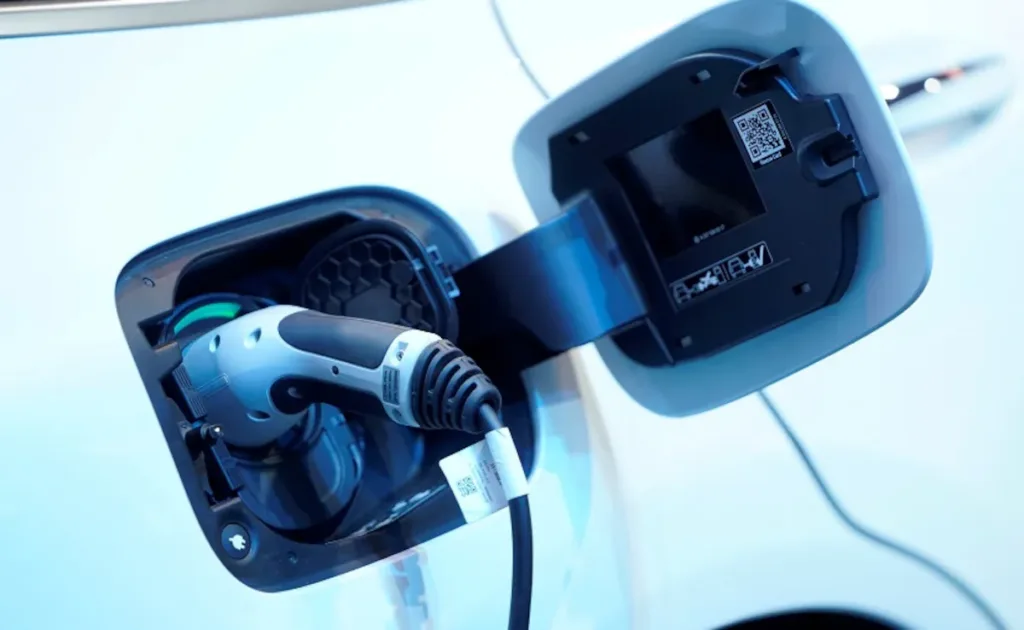The GST Council, in its 55th meeting, announced several impactful changes to the Goods and Services Tax (GST) framework, affecting industries like electric vehicles (EVs), aviation, insurance, and food delivery. These decisions aim to streamline taxation, resolve disputes, and address sector-specific challenges. Let’s dive into the key highlights of the meeting and what they mean for businesses and consumers.
GST Council Increases Tax on Used EV Sales by Businesses
One of the most significant updates from the GST Council meeting is the decision to increase the GST rate on the sale of used electric vehicles (EVs) by businesses. The tax rate has been raised from 12% to 18%, aligning it with the rate applicable to non-electric vehicles. However, this tax will only apply to the margin value—the difference between the purchase price and the selling price (or the depreciated value if depreciation is claimed).
What Does This Mean?
- For Businesses: Companies dealing in used EVs will now face higher tax liabilities, which could impact their pricing strategies.
- For Individuals: The sale and purchase of used EVs by individuals remain exempt from GST, ensuring that personal transactions are not affected.
This move is expected to bring uniformity in taxation across vehicle categories but may slightly dampen the growth of the second-hand EV market.
Aviation Turbine Fuel (ATF) Stays Out of GST
Despite ongoing discussions, the GST Council decided to keep aviation turbine fuel (ATF) outside the GST regime. States expressed concerns about losing revenue from VAT, which they currently levy on ATF.
Why Is This Important?
When GST was introduced in 2017, five key products—crude oil, petrol, diesel, ATF, and natural gas—were excluded from its purview. The central government continues to levy excise duty on these products, while states impose VAT. The decision to exclude ATF from GST reflects the states’ reluctance to lose control over this significant revenue source.
Popcorn Taxation Simplified
The GST Council also clarified the tax rates on different types of popcorn, resolving disputes over their classification. Here’s the breakdown:
- Caramelised popcorn: 18% GST
- Pre-packed and spiced popcorn: 12% GST
- Unpacked and unlabelled popcorn: 5% GST
This clarification ensures consistency in taxation and eliminates confusion for businesses in the food industry.

Tax Reductions and Exemptions
The GST Council also announced some tax reductions and exemptions to benefit specific sectors:
- Fortified Rice Kernels: The GST rate was reduced from 18% to 5% for fortified rice kernels used in public distribution systems. This move supports government initiatives to improve nutrition for vulnerable populations.
- Penal Charges by Banks and NBFCs: No GST will be levied on penal charges collected from borrowers for non-compliance with loan terms. This provides relief to borrowers and simplifies compliance for financial institutions.
Deferred Decisions: Insurance and Food Delivery
While the GST Council made several key decisions, some critical issues were deferred for further review:
- Insurance Premium Taxation: The Council is considering reducing GST on insurance premiums, particularly for:
- Term life insurance policies
- Health insurance for senior citizens
- Health insurance policies with coverage up to ₹5 lakh for individuals
- Food Delivery Platforms: The Council postponed its decision on levying GST on delivery charges by app-based platforms. The Fitment Committee will review whether the tax should match the 5% GST on food or be higher.
Other Key Announcements by the GST Council
- Small Business Registration: A concept note to simplify GST registration for small businesses has received in-principle approval. This may require amendments to the GST Act, making it easier for small companies to comply with GST regulations.
- Natural Calamity Cess: The Council decided to form a Group of Ministers (GoM) to explore allowing states to levy a cess under GST to address financial distress caused by natural disasters. For instance, Andhra Pradesh sought approval for a 1% cess to recover from flood-related damages.
- Rate Rationalization: The GoM tasked with reviewing GST rates on 148 items has been granted more time to finalize its recommendations.
What’s Next for the GST Council?
The GST Council’s decisions reflect its commitment to refining the tax framework while addressing sector-specific challenges. However, some critical issues, such as insurance premium taxation and food delivery charges, remain unresolved. The Council’s focus on balancing revenue generation with fairness and simplicity will continue to shape its future decisions.
Conclusion: GST Council’s Impact on Businesses and Consumers
The GST Council’s latest decisions bring both opportunities and challenges. While the increased tax on used EV sales by businesses may impact the second-hand EV market, exemptions for individuals ensure fairness. Clarifications on popcorn taxation and reductions in GST for fortified rice kernels highlight the Council’s efforts to resolve disputes and support public welfare.
As the GST framework evolves, businesses and consumers must stay updated on these changes to adapt effectively. The GST Council’s decisions not only influence taxation but also reflect broader economic priorities, making its meetings a critical event for stakeholders across industries.
Also read- ₹16,000 Crore Needed for EV Charging: Can India Meet the Demand?
What is the new GST rate on used EV sales by businesses?
The GST rate on used EV sales by businesses has been increased from 12% to 18%, applicable only on the margin value.
Are individuals affected by the GST on used EVs?
No, the sale and purchase of used EVs by individuals remain exempt from GST.


